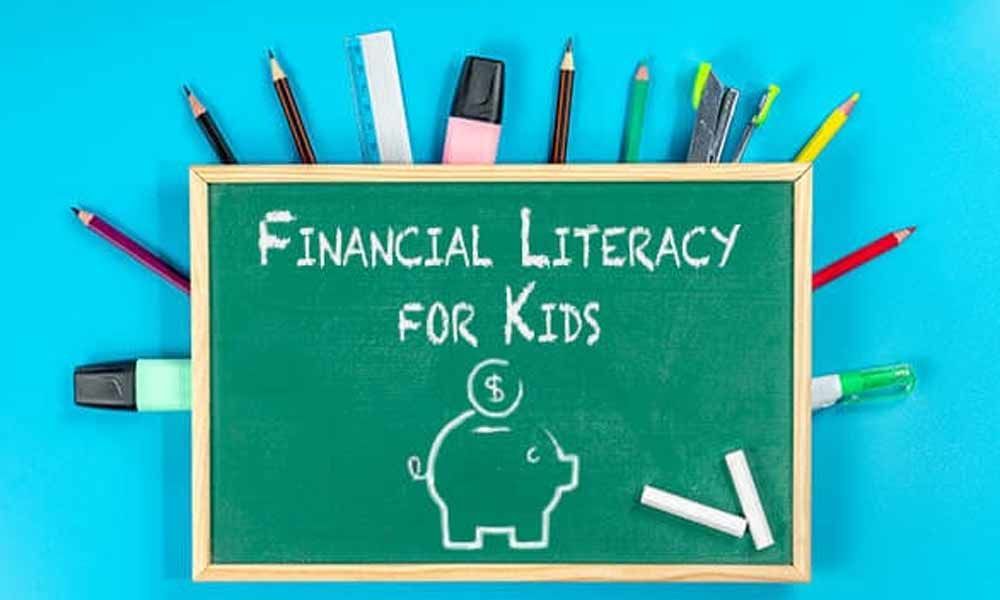
It is no secret that financial literacy is an essential life skill that everyone should have. It empowers individuals to make informed decisions about their personal finances, such as managing debt, investing, and saving for the future. Unfortunately, financial literacy is often overlooked in schools, leaving young adults unprepared for the financial challenges they will face in their adult lives.
The Importance of Financial Literacy

Financial literacy is the ability to understand and manage one’s finances effectively. It involves understanding financial concepts, including budgeting, credit, investing, and insurance. Financial literacy is crucial for everyone, regardless of their income or financial status. Without it, individuals may find themselves overwhelmed by debt, unable to save for the future, and vulnerable to financial scams and fraud.
Financial literacy also plays a critical role in the economy. Individuals who are financially literate are more likely to make wise financial decisions, which can help them save money, invest wisely, and build wealth over time. This, in turn, can lead to a more robust and stable economy.
The Lack of Financial Literacy in Schools
Despite the importance of financial literacy, many schools do not include it in their curriculum. According to a recent survey by the Council for Economic Education, only 21 states require high school students to take a course in personal finance. This means that many young adults are entering the workforce without the knowledge and skills they need to manage their finances effectively.
There are several reasons why financial literacy is often neglected in schools. For one, there is a lack of funding for financial education programs. Schools may also prioritize other subjects, such as math and science, over financial literacy. Additionally, some educators may not feel confident teaching financial concepts, as they may not have received adequate training in this area.
The Benefits of Financial Literacy in Schools

Integrating financial literacy into school curriculums can have numerous benefits. For one, it can help students develop the skills and knowledge they need to manage their finances effectively. This can lead to better financial outcomes, such as lower debt and higher savings rates.
Teaching financial literacy in schools can also help to reduce financial inequality. Students from lower-income families may be particularly vulnerable to financial challenges, such as debt and predatory lending practices. By providing them with financial education, schools can help to level the playing field and give them the tools they need to succeed financially.
Financial literacy is an essential life skill that everyone should have. Unfortunately, it is often neglected in schools, leaving young adults unprepared for the financial challenges they will face in their adult lives. By integrating financial education into school curriculums, we can help to ensure that everyone has the skills and knowledge they need to manage their finances effectively. This, in turn, can lead to better financial outcomes and a more robust and stable economy.







